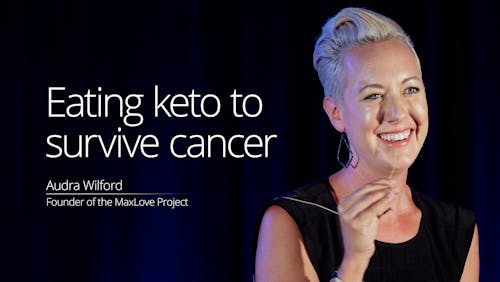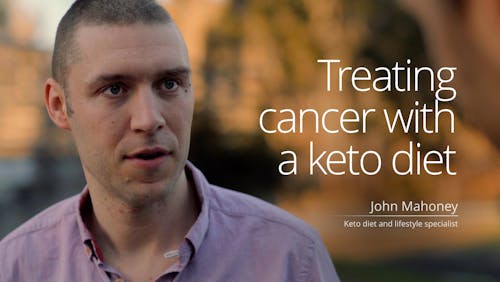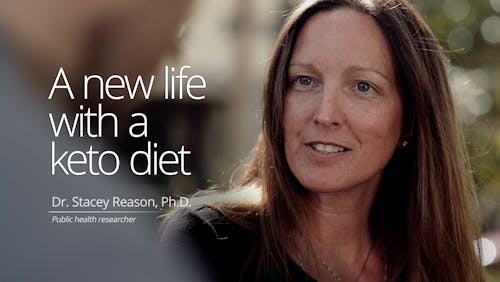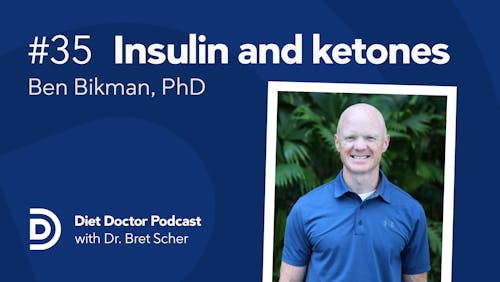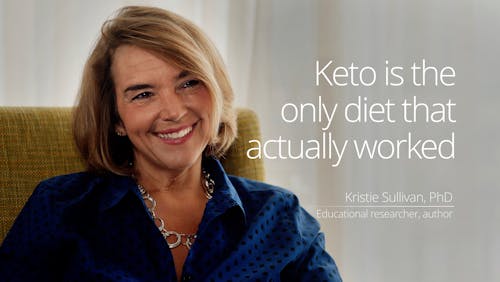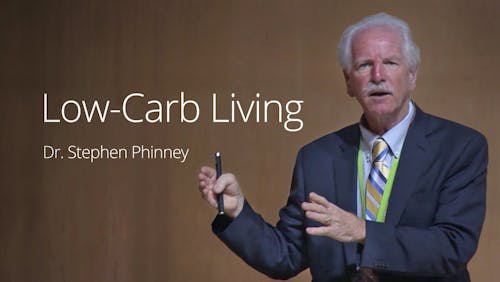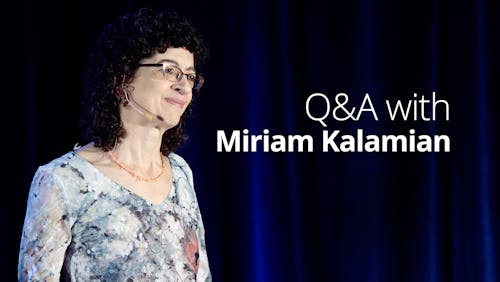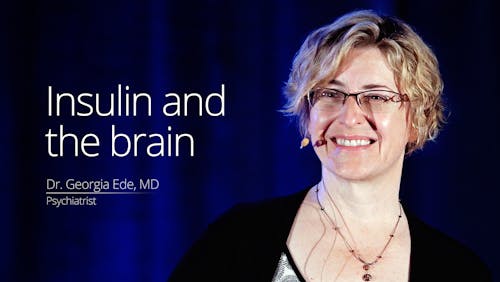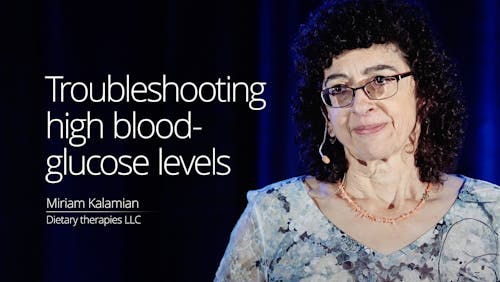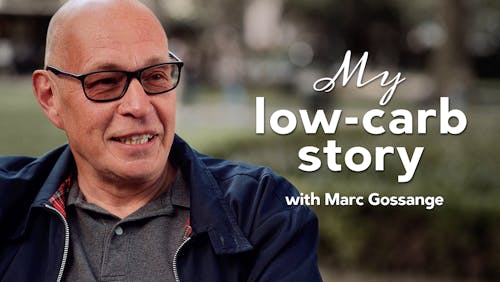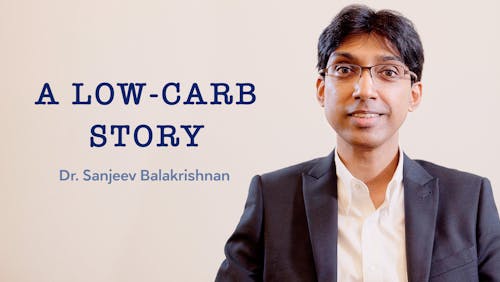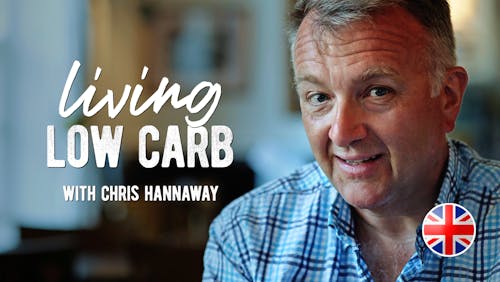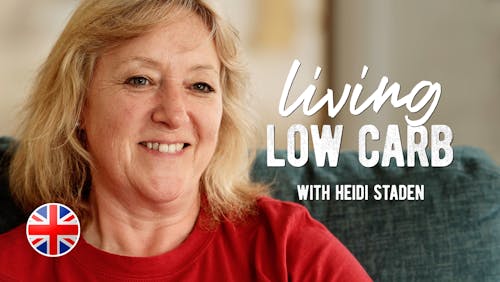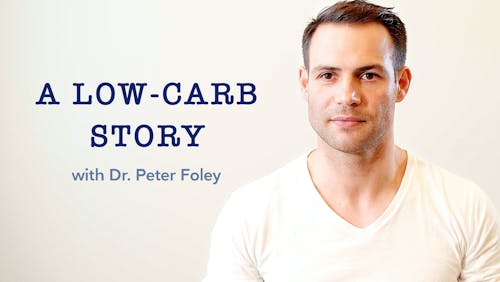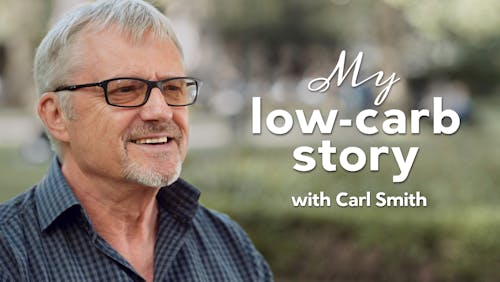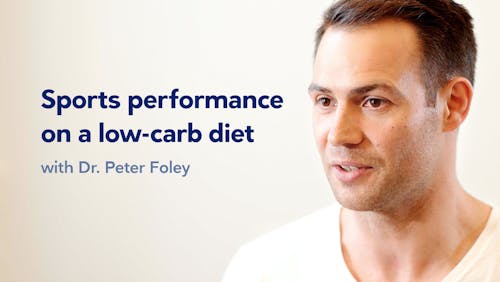New study: Can a keto diet result in birth defects?
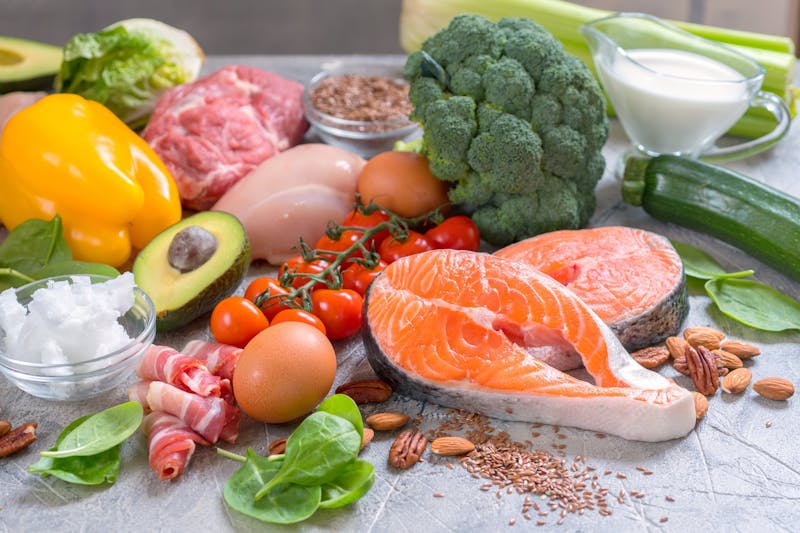
Can a keto low-carb diet result in birth defects? Well, that’s what you may think, reading this article from the Daily Mail today, based on a new observational study:
The argument is that lower carb diets can lead to a lower intake of folic acid, if people eat less bread. White bread normally has close to zero vitamins and minerals, which is why it’s fortified with some added vitamins, like folic acid.
A new observational study found that pregnant women who reported eating few carbs also ate less folic acid (likely for this reason) and their babies had a borderline significant 30% increased risk of some birth defects, like spina bifida, that may be caused by a lack of folic acid:
Birth Defects Research: Low carbohydrate diets may increase risk of neural tube defects
Weaknesses
There are plenty of weaknesses with the study, primarily that it’s observational, meaning it’s just based on statistical correlations (weak ones, in this case). This means that the study simply can’t prove whether the defects were caused by folic acid deficiency, or the diet of the mothers, or something else.
The mothers who reported a lower carb intake were also older, more obese, smoked more and drank more alcohol, all things that may be connected to an increased risk of birth defects, so it’s perhaps not a fair comparison.
However, even if the study is hardly the final word on the topic, it can still be a good idea to make sure to have enough folic acid if you are planning to conceive. Just to be safe.
How to eat plenty of folate on low carb and keto
Fortunately, it’s not necessary to eat wheat flour (clearly not great for anyone’s health) with artificially added vitamins just to get enough folic acid. You could also just eat vitamins as a supplement, negating the need to eat flour+vitamins. Or, you could eat real low-carb foods.
Some of the most folic acid-rich foods in the world happen to be low in carbs, including vegetables (particularly dark green leafy vegetables). Avocado, spinach, liver, asparagus, and Brussels sprouts are among the foods with the highest levels of folic acid, and it’s also found in dairy products, poultry and meat, eggs and seafood.
Sounds like a low-carb diet to me.
